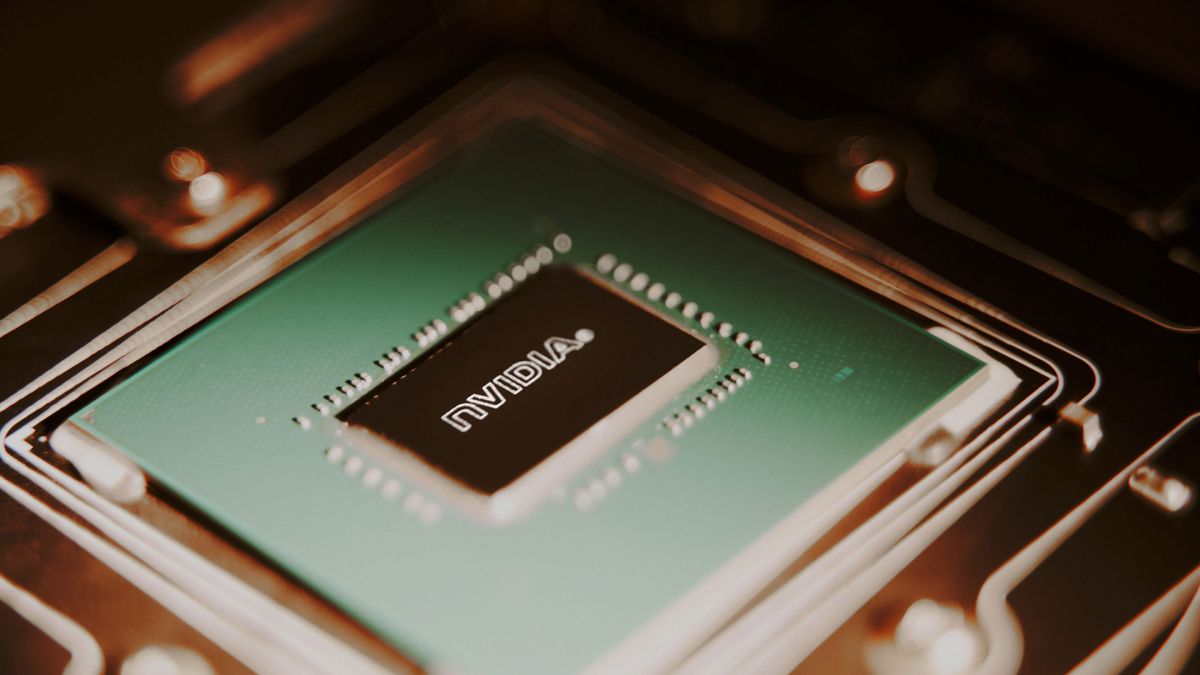Apple’s AI-based overhaul of Siri may let you control individual app functions

Apple Inc. plans to revamp its virtual assistant Siri with more advanced artificial intelligence, a move that will allow users to control individual app functions with their voice, people with knowledge of the matter said. The new system will give Siri control over all functions within apps for the first time, said the people, who asked not to be identified because the initiative is not public. That change required an overhaul of Siri’s underlying software to use large language models — a core technology behind generative AI — and will be one of the highlights of Apple’s renewed push into AI, the people said.
The upgrade is part of the company’s larger AI strategy, which it will unveil on June 10 at its Worldwide Developers Conference. Apple is preparing several features, including transcriptions and summaries of voice memos, quick summaries of websites and notifications, automated message responses, advanced photo editing and AI-generated emojis, Bloomberg reported.
As part of the rollout, more basic AI tasks will be processed on the devices themselves, while more advanced capabilities will be handled via cloud computing. The company has also struck a deal with OpenAI to integrate the startup’s chatbot and other technology into its iOS operating system, and it’s still in talks with Google parent Alphabet Inc. to use its Gemini software in the future. Apple software chief Craig Federighi has directed his teams to develop as many new AI features as possible for this year’s operating system updates.
Siri will be a major focus of the WWDC unveiling. The new system will allow the assistant to control and navigate an iPhone or iPad with greater precision. That includes being able to open individual documents, move a note to a different folder, send or delete an email, open a specific publication in Apple News, email a web link or even ask the device for a summary of an article.
A spokesman for Apple, based in Cupertino, California, declined to comment.
Today, Siri is mostly limited to broader commands, such as playing music playlists, looking up information, or controlling smart home appliances. The company also offers developers so-called app intents, which let them create ways for Siri to access individual functions. In 2018, Apple also launched Siri Shortcuts, which let users manually create commands for app functions.
The new system goes even further, using AI to analyze what people are doing on their devices and automatically enable Siri-driven features. It will initially be limited to Apple’s own apps, with the company planning to support hundreds of different commands.
The feature is one of Apple’s more complex AI initiatives and isn’t scheduled to arrive until next year, when it will be part of an upcoming update to iOS 18, the people said. The first version of the new operating system is scheduled to launch in September, around the same time as the next iPhone models.
At first, the new Siri will process one command at a time, but Apple has plans to let users chain commands together. For example, they could ask Siri to summarize a recorded meeting and then send it to a colleague in a single request. Or an iPhone could theoretically be asked to crop a photo and then email it to a friend.
A key part of the new approach is a system that uses AI to automatically determine whether a function should be performed on the device or via the cloud.
That has raised some privacy concerns. While on-device tasks don’t share personal information, the cloud-based approach requires some user data to be transferred to remote servers. The information is protected by a so-called Secure Enclave in the high-end Apple Mac chips that power the data centers, Bloomberg reported earlier this month.
Apple will try to further reassure customers that their data is private by creating an “intelligence report” that explains how the information is secured. The iPhone maker also won’t build profiles of customers — something that has drawn criticism from Google and Meta Platforms Inc.
With the Siri upgrade, Apple is hoping to revive a groundbreaking product that has lagged behind rivals. The company first launched Siri in 2011, giving it a head start in voice-based interfaces and AI. But Apple quickly lost that lead to Amazon.com Inc.’s Alexa and the Google Assistant. Then the company was sidetracked again two years ago with the rise of generative AI chatbots.
Apple is also struggling with a sales slowdown, and its shares have underperformed peers this year. The stock has fallen about 1% through 2024, compared with a 10% gain for the tech-heavy Nasdaq 100 stock index. Apple rose 0.5% to $191.29 in New York on Thursday.
Apple is betting that its new AI features coming to iPhone, iPad and Mac — and its improvements to Siri — will encourage users to upgrade their devices. Many of the AI capabilities on the devices require an iPhone 15 Pro or later to work. Macs and iPads, meanwhile, require at least an M1 chip.
© 2024 Bloomberg LP
(This story has not been edited by NDTV staff and is auto-generated from a syndicated feed.)




